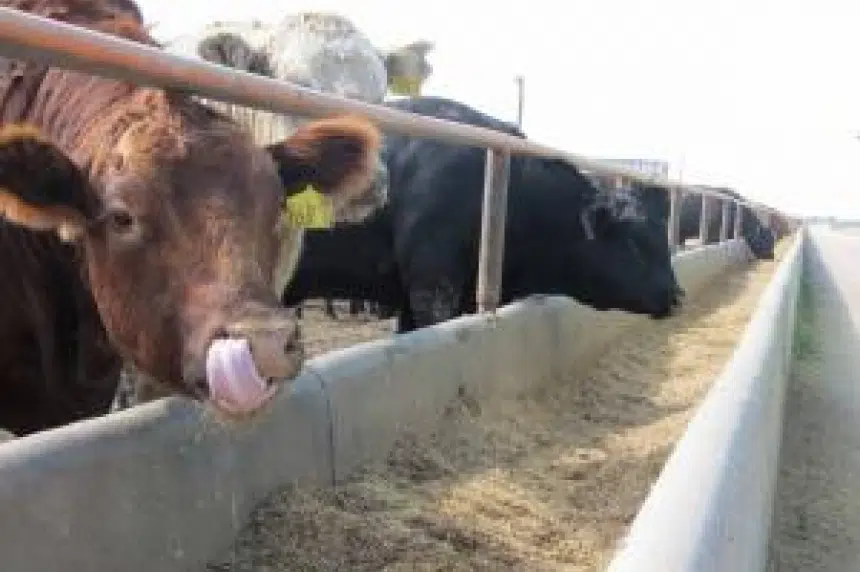Ryder Lee admitted Wednesday that federal funding for the Canadian beef industry was “a step removed” from the Saskatchewan Cattlemen’s Association.
National groups were those who applied for the government’s assistance in the wake of recent market issues, Lee said. But that didn’t stop the chief executive officer of the Saskatchewan association from praising the government’s decision.
“It’s positive to see the federal government looking at the things that the industry is trying to do to lift boats for all producers and choosing to invest in that,” Lee said. “That’s great. That recognizes the economic contribution that the cattle industry makes and trying to grow that.
“That’s not something to quibble about right off the bat for sure.”
China recently slapped a ban on all Canadian meat, essentially closing a market that had been key to Canadian producers.
Federal Agriculture Minister Marie-Claude Bibeau announced the $8.3 million in funding in Calgary on Wednesday, with the bulk of that money going to a Canadian organization that focuses on beef marketing.
That, Lee said, can only help producers in this country.
“The value of exports has been calculated to be about $600 per head, so keeping our presence in those international markets impacts everybody every time they sell cattle,” Lee said. “The big chunk of this funding — $5.3 (million) out of the $8.3 million – goes to Canada Beef for work in those international markets, so it’s absolutely (important).
“We learned in 2003 when our borders were closed what the value of our export markets are. We can never discount the Canadian market — it’s No. 1 — but without exports, we lose a whole lot of the value we get out of everything we sell.”
The government’s investment will not include direct payments to beef producers who were affected by the decision of the Chinese government. Instead, the goal of the funding is to grow or maintain markets that currently accept Canadian beef or to open new markets.
For Lee, that’s a better use of the government’s money.
“Rather than unreliable and actually trade-unfriendly money coming from government directly to cattle producers, you have investments like this that hopefully allow you to get even more value than the $8.3 million to all your producers and something that’s more sustainable than just a one-time cheque,” Lee said.
Asian markets such as Japan and China are among the largest growth markets for Canadian beef exports, so investing in organizations that can help sustain or expand those markets makes more sense to Lee than payments to individual producers.
“Government programs over time ebb and flow with priority, with budget (and) things like that,” Lee said. “Anytime you can build good, sustainable market access and programs that make you more resilient, that has a better-lasting and more reliable effect than something that’s a little harder to be sure will be there the next time you need it (like a payment).”
— With files from 980 CJME’s Evan Radford











